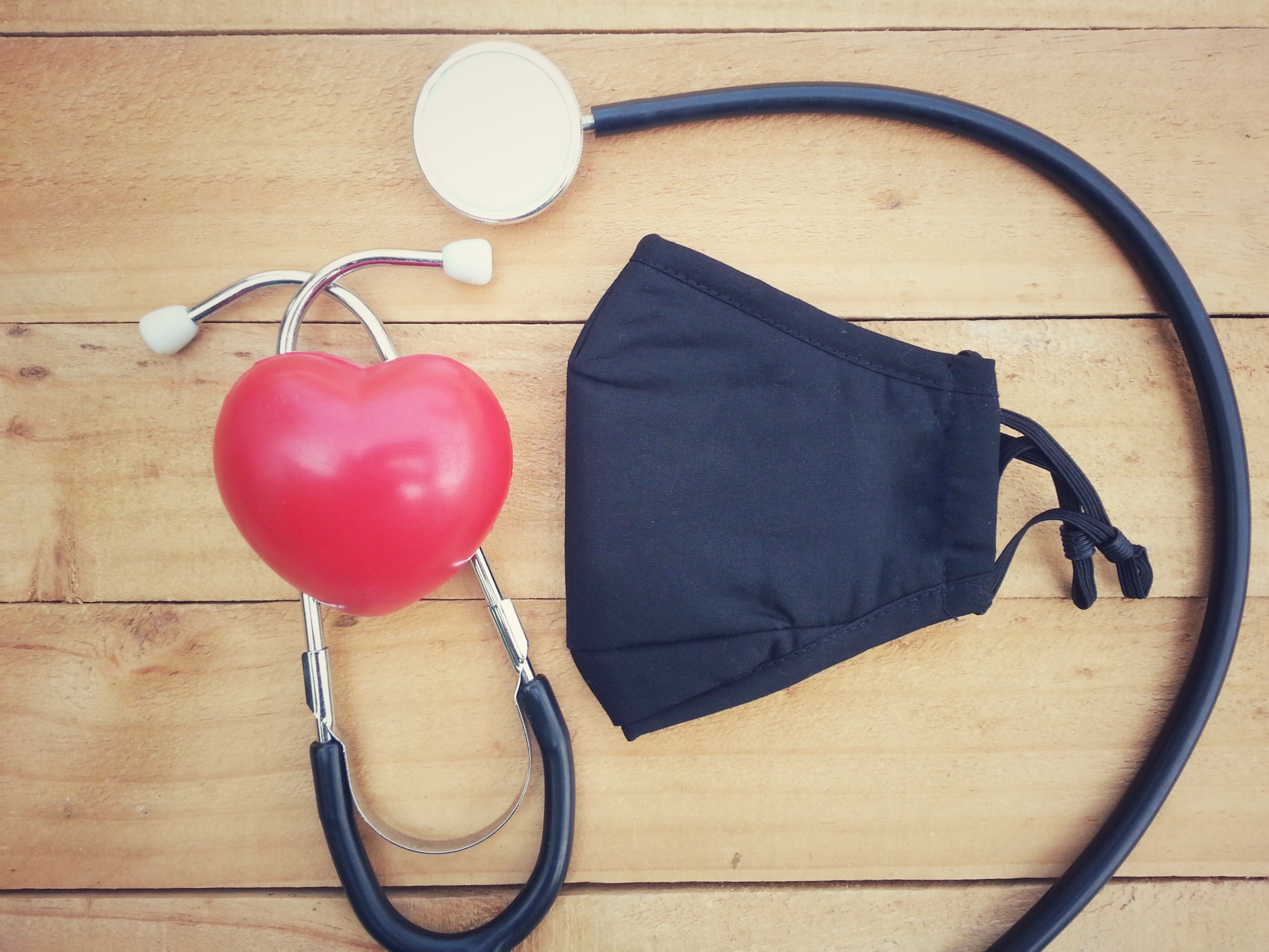Last updated on June 7th, 2024 at 07:47 am
Exploring new locations, meeting interesting people, and learning about other cultures are what make travel such an exciting journey. But even the most well-planned trips may and do end in disaster. Being ready and knowing what to do when something unexpected happens is vital, whether it’s a little slip, an unexpected sickness, or a more major accident.
To ensure a quick recovery and continuation of your trip with little inconvenience, this article offers crucial suggestions and guidance for every traveler on how to react appropriately if an accident happens while on the road.

Know the basics of first aid
When you’re going to distant regions or areas without quick access to medical care, knowing how to provide first aid can save your and other people’s lives. Knowing how to treat a wound, perform CPR, or treat small burns can greatly improve a victim’s condition until the ambulance arrives. Taking first aid classes may equip you to respond quickly if an accident happens, which can be a lifesaver in a foreign country. Before you go on your adventure, think about getting a first aid certification. These classes will provide you with the skills you need to handle real-life emergencies thanks to practical training. Finally, don’t go on your journey without a fully-stocked first aid package. Sterile bandages, dressings, antiseptic wipes, OTC pain medications, and tweezers are all essential items.
Immediate steps to take
Quick and clear action is necessary if a car accident happens. Find out what happened and make sure everyone is safe. Get in touch with the authorities or look for witnesses to help you if you need medical treatment. Remain calm and, if needed, use your first aid knowledge to provide basic treatment if someone is seriously injured. The things you do right after an accident can have a major impact on how things turn out.
Seek legal help
If you’re involved in a car accident, hiring an attorney is crucial to the success of your case. An experienced lawyer can help you understand your rights and legal options, and they will collect just compensation for your injuries and property damage. Just like this Las Vegas Personal Injury Lawyer explains, it is important to investigate the cause of your injuries and find out whether any third party is to blame for what happened. Your lawyer should be able to explain all the aspects of the legal system, which is especially helpful while you’re in the middle of a chaotic situation. Also, they will deal with insurance companies and other parties involved to protect your rights.
Language and social obstacles
When traveling abroad, the fear of an accident is even bigger when there are language and cultural obstacles to overcome. You should acquire basic medical terms and expressions in the local language or have a translation tool with you. To avoid miscommunication and make sure everything goes well, it’s a good idea to study cultural standards, particularly when dealing with the law or medical issues. Also, you can hire a local guide or interpreter if you are planning a trip to a less populated area or one where English is not the native language.
Keep your documents safe
A common yet critical precaution to take in the case of an accident is to secure your possessions. Make it a habit to always use a safe method of transporting important stuff, such as a money belt or a bag that is resistant to theft. Keep your identity, vital papers, and valuables (such as a passport and credit cards) with you at all times, rather than in a separate or unattended bag. Further precautions to take if an accident happens include making use of hotel safes and avoiding leaving valuables in rented cars. Additionally, it is wise to create a secondary copy of critical papers and store them in a safe cloud service or on a USB device that requires a password.
Contact the rental car company
If you got the car from a rental car company, notify them of the situation. Get their advice on what to do next. As a first step, they will probably have you fill out an accident report. They will let you know how much the rental company will pay for damages and how much you as a driver will have to pay. Make sure to ask about accident insurance before hiring the vehicle, since each rental car business operates differently. Get legal representation if you feel you are being unfairly held responsible for damages.

Exchange information
Along with exchanging names, numbers, addresses, emails, and driver’s license numbers, make sure to also share registration and insurance details with the other driver. Identify the other car by writing down or photographing its license plate number, model, and manufacturer. Ask anyone who may have seen your accident to stay and report it to the authorities. Additionally, be sure to get the names and contact details of any witnesses.
What if you need another car?
Verify your insurance policy for information on rental car coverage if your car becomes inoperative after an accident. Your insurance company will cover the cost of a rental car and then pursue repayment from the insurance company of the person who caused the accident. Keep all of your receipts in case you lose your rental vehicle insurance and have to pay for it yourself. The accident payout can cover the rental vehicle fees.
Have an emergency fund
If you need to take a plane, train, or bus home, you will need an emergency fund set up. Having this money will allow you to travel with confidence, knowing that you are well-prepared for any issue. Also, a credit card with an amount large enough to cover the expense of returning to your homeland can be a lifesaver if you don’t have the cash on hand.
You probably aren’t thinking about what to do if you get in an accident while making plans for a road vacation. Unfortunately, accidents do happen and you should have an emergency plan ready. This will help deal with the emotional fallout of an accident, especially if it happens far away from your country.






